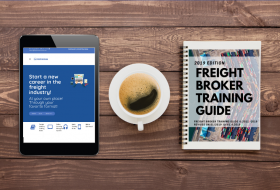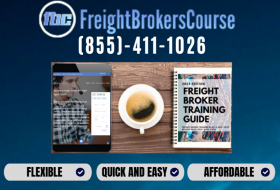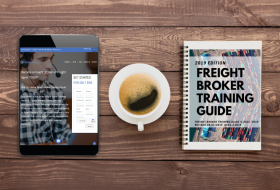Exempt Bonds: Municipal bonds are a type of bond that allow you to earn interest without paying any taxes on it. While this could be looked at as a major advantage for some investors, these bonds are not without a few drawbacks. The problems may be enough to keep you away from this type of bond.
With this type of bond, most people think of it as a very safe investment. You are essentially investing in a municipality like a local government or a school system. While these entities are generally very stable, in some cases they can go bankrupt. When this happens, they may not be able to continue make interest payments to you. You may not even get back your initial investment in the bond. When this happens, you are out all of the money that you invested.
Another potential disadvantage of this type of bond is the level of liquidity that comes with it. When you buy a municipal bond, you may not be able to sell it or cash it in if you need to. This means that your money may be tied up in the bond until it matures. If you invest in a municipal bond and then you later suddenly need the money, this can be a big issue. By comparison, if you invested in stock, you could simply sell the stock and get most of your money back.
Even though you can earn tax-free returns with this type of investment, the returns might be very low. You might be able to beat these returns even after paying taxes on a regular corporate bond. This type of investment is best suited for individuals who have very high tax rates because of their large incomes. If you are in a lower tax bracket, you would most likely do better by investing in regular bonds and simply paying your taxes.
Another problem that some people have with municipal bonds is initially purchasing them. Buying municipal bonds is not as simple as opening a brokerage account and buying stock. When you want to buy a municipal bond, you will most likely have to work with a bond broker. Most bond brokers require you to invest at least $5,000 before you can open an account. Then you have to pay the bond broker a fee for helping you find your bonds.







